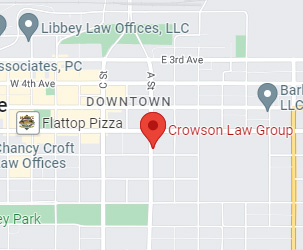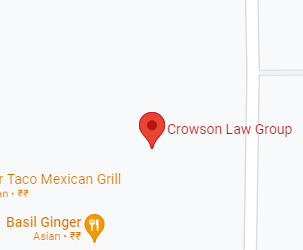Fatal Injuries and Worker’s Compensation
Injuries in the workplace are an unfortunate reality especially in industries such as construction and transportation. However, when these injuries become fatalities the situation is worse. According to one United States Bureau of Labor Statistics report the transportation industry alone accounted for the highest number of workplace fatalities. All fatalities are devastating to the surviving family members both financially and emotionally. This article will discuss fatal injuries in the workplace and worker’s compensation.
A fatal work accident is a very hard thing to deal with for surviving family members and nothing can bring back their family member. However, survivors may be eligible to collect death benefits through the deceased worker’s compensation plan. The state of Alaska has in place the Alaska Worker’s Compensation Act which requires each employer having one or more employees in Alaska to obtain worker’s compensation insurance and are required to provide proof of worker’s compensation coverage. In order to get a thorough explanation of the benefits surviving family members may be entitled to this requires skilled worker’s compensation attorneys in Anchorage Alaska . It must be noted that benefits also include a portion of the funeral expenses. Rather than having to claim on your own during this difficult time it is advisable to ask a worker’s compensation attorney to carry out the claim in your behalf and to deal with the necessary paperwork.
There are a number of causes of workplace fatalities, however, like a workplace injury; it is necessary for the fatality to have occurred while the employee was officially on the job. Some examples of common causes of fatal work-related injuries include the following:
- Transportation accidents
- Fires and explosions
- Physical violence
- Slips, falls or trips
- Exposure to hazardous substances or environments
- Contact with defective equipment or other objects
There are number of things that a surviving family member needs to know about worker’s compensation death benefits. The following will help you to gain a better understanding of death benefits as well as what to expect to receive from the deceased family member’s worker’s compensation plan:
- Benefits may be received for a minimum of 5 years and up to 12 years
- Children may receive benefits until they reach the age of 18 or up to 23 if they are enrolled in an approved education program
- The surviving spouse is eligible to collect death benefits for no more than two years after getting remarried
- The death benefits will be terminated after what would have been the 70th birthday of the deceased employee
In Alaska, worker’s compensation pays the employee’s dependents a one-time lump sum of $5,000, and weekly benefits in the amount of 80-100% of the workers’ average weekly wage. This is subject to the same maximum and minimum rates as temporary total disability benefits. With regard to funeral expenses, worker’s compensation will pay up to $10,000.
In the event that the employee’s death was caused by an occupational disease, an application for death benefits must be filed within 2 years of the date of their death.
It is important to note that although most employees are eligible for workers compensation benefits, however, there are a variety of reasons why claims are denied.


